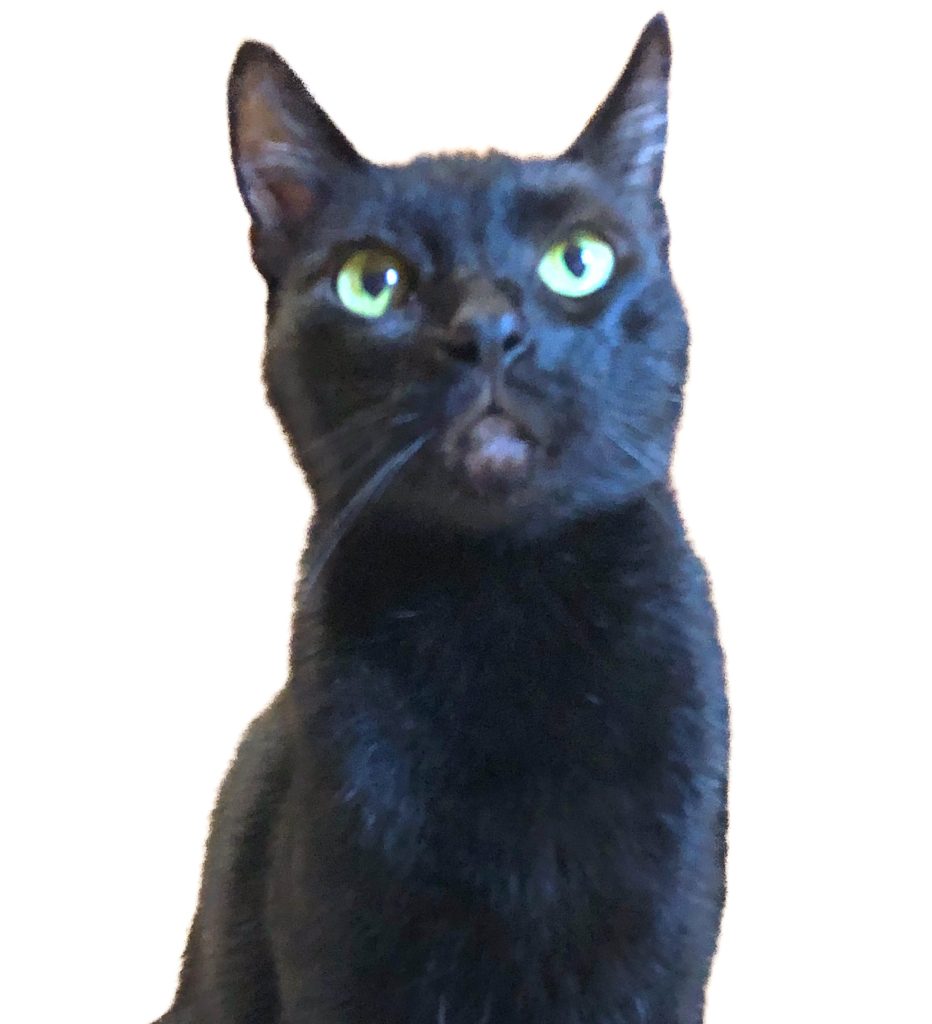The risk of our cats spreading the virus that causes COVID to us is very low [1]. However, we humans can spread COVID to our pets. A new study found that 67% of pet cats and more than 40% of pet dogs had COVID antibodies after their owners contracted the disease. [2]
When researchers tested 48 cats and 54 dogs (from 77 households) for antibodies against the virus that causes COVID, over two-thirds of cats had been infected with the virus! In particular, cats that slept in their owners’ beds had a high risk of being infected with the disease [2].
Luckily, even though the cats developed antibodies, most pets did not go on to show symptoms of COVID themselves. However. in some cases, the virus mutates into Feline COVID, which can be fatal [2].
According to the U.S. Center for Disease Control, the COVID virus can spread from people to animals during close contact [4]. Also, in the rare case that a cat exposed to human COVID develops Feline COVID, the Feline version of the virus can spread through feces and infect other cats. Rates of Feline COVID are highest in cats living in close quarters, such as in pet stores and shelters [4].
Symptoms of COVID in cats include [4]:
- Fever
- Coughing
- Difficulty breathing or shortness of breath
- Lethargy (unusual lack of energy or sluggishness)
- Sneezing
- Runny nose
- Eye discharge
- Vomiting
- Diarrhea
If you think your pet has developed Feline COVID, the Center for Disease Control provides recommended steps at [https://www.cdc.gov/healthypets/covid-19/pets.html]. Recommendations for shelters and other organizations can be found at the CDC’s One Health Toolkit for Health Officials Managing Animals with SARS-CoV-2 at [https://www.cdc.gov/coronavirus/2019-ncov/animals/toolkit.html#managing].
One danger related to animal and human strains of COVID is that viruses tend to mutate. Sadly, this happened in Greece. Since January, on an island in Cyprus, more than 300,000 cats have died from a new strain of Feline COVID. Authorities are working to contain the COVID strain to the island [3].
If you have COVID, the CDC suggests that you protect your pets by wearing a mask, not spending time in close quarters with them, and washing your hands before touching them. Read more at [4].
Cases of cats spreading COVID to other cats have occurred in the U.S. and other countries, so let’s work together to restrict the spread of COVID strains. If your pet has developed COVID, be sure to isolate him from all other animals in the area and seek medical advice [4].
- Center for Disease Control (CDC; April 7, 2023). Animals and COVID-19. https://www.cdc.gov/coronavirus/2019-ncov/daily-life-coping/animals.html
- Rettner, R. (
- Greek Times (July, 2023). Deadly virus kills 300,000 cats in Cyprus; Europe in danger of new coronavirus pandemic. Downloaded July 29, 2023 from [https://greekcitytimes.com/2023/07/15/deadly-virus-kills-300000-cats-in-cyprus-europe-in-danger-of-new-coronavirus-pandemic/].
- CDC. What You Should Know About the Coronavirus Disease and Pets. Downloaded July 29, 2023 from https://www.cdc.gov/healthypets/covid-19/pets.html
- CDC (January 20230) One Health Toolkit for Health Officials Managing Animals with SARS-CoV-2Downloaded July 29, 2023 from [https://www.cdc.gov/coronavirus/2019-ncov/animals/toolkit.html#managing].




